Can stress cause hair loss?

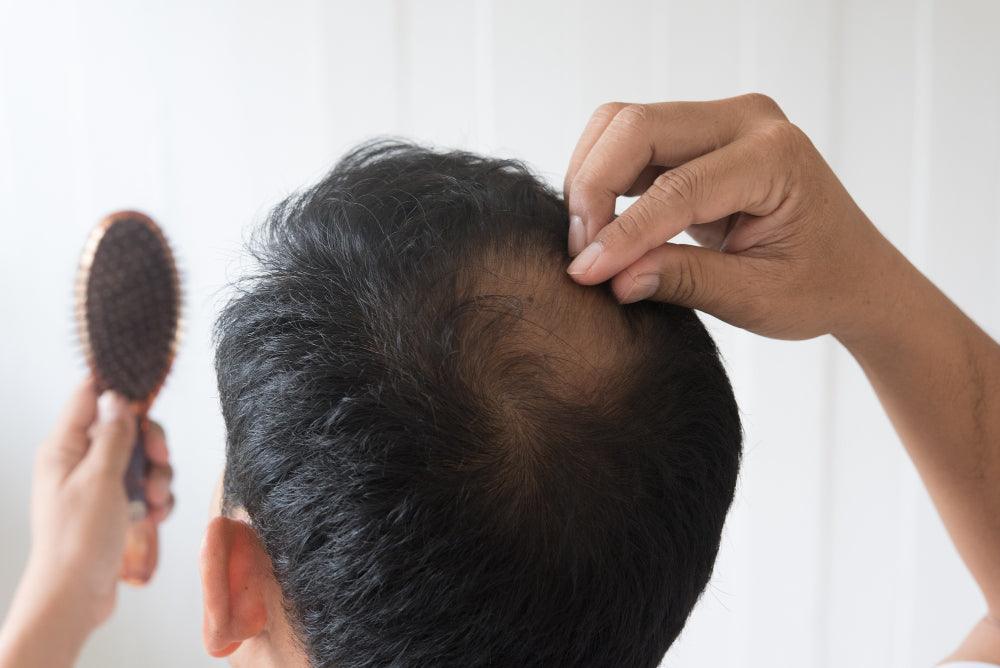
Related products
What’s covered?
Can stress cause hair loss?
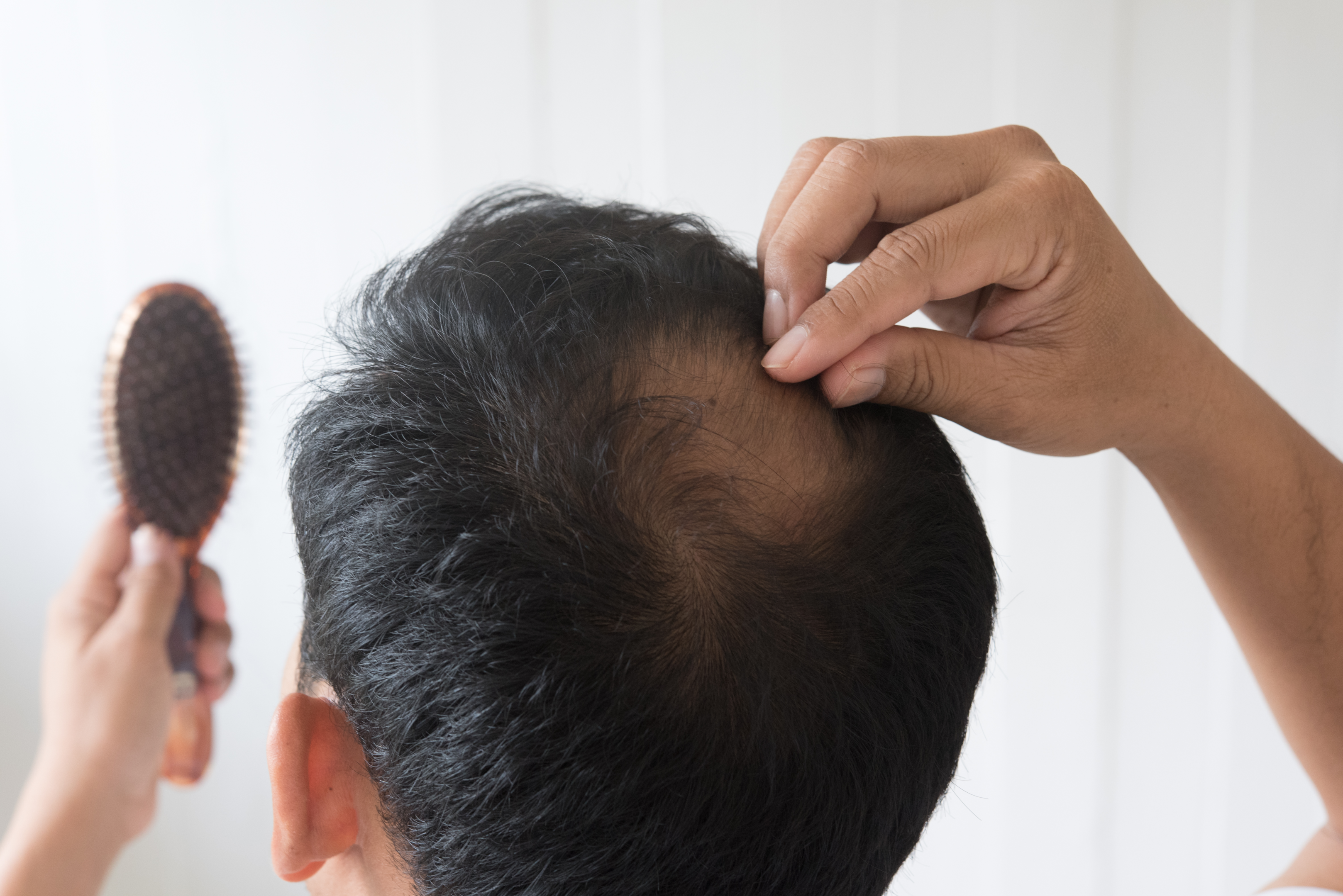
You might be wondering if anxiety is to blame if you notice more hair than usual on your pillows and in the bathroom drain. Is there any truth to the rumoured connection between stress and hair loss that you may have heard about?
It's normal to be concerned about how stress can impact your health, whether you're stressed by your job or overwhelmed by stressful situations like divorce or a death in the family. Here are some essential facts concerning stress and hair loss.
Is Hair loss a Result of Stress?
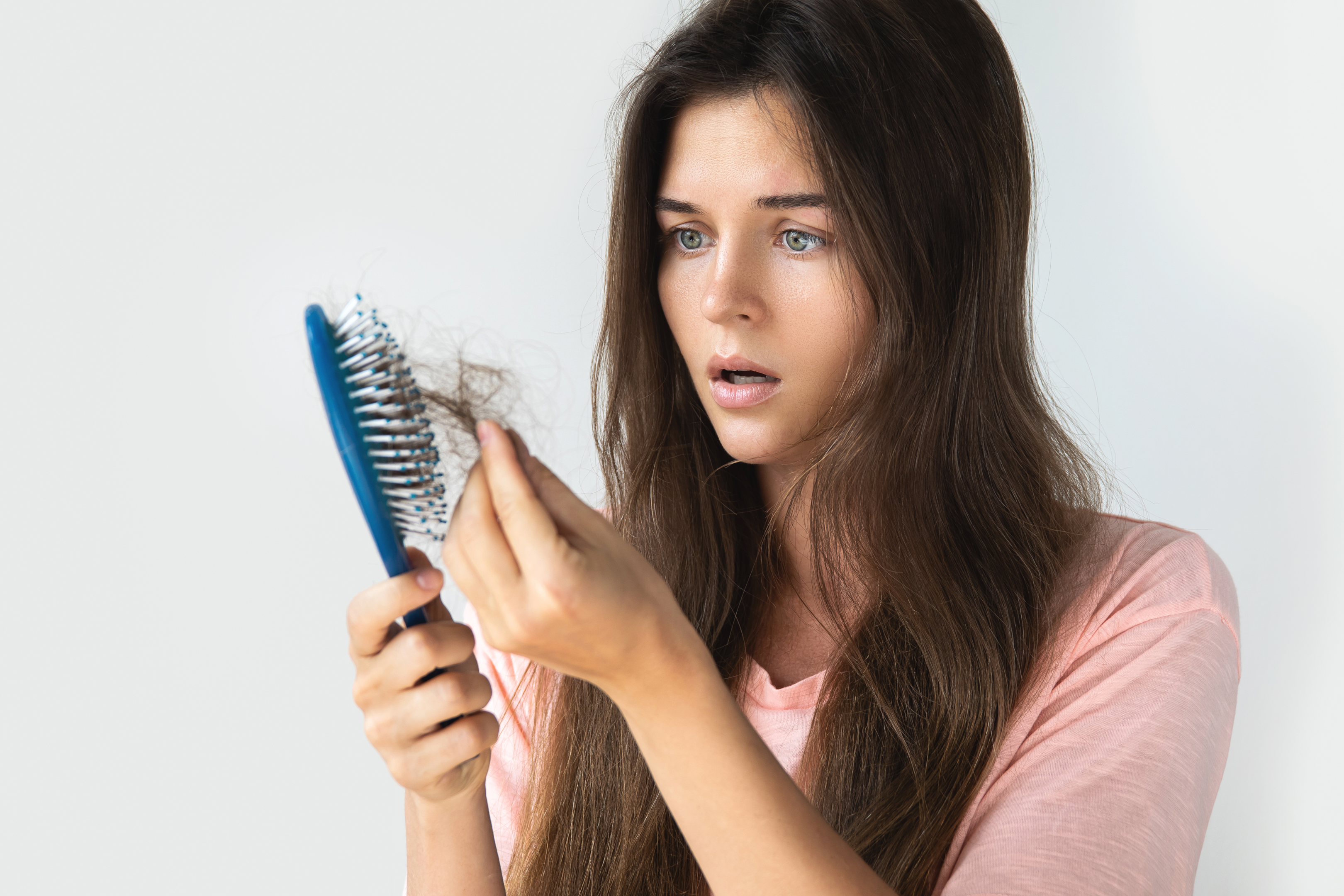
It is commonly known that mental stress or worry can be a factor in hair loss. The time between the stressful occasion or period and the onset of hair loss is typically three months. Unless there is some underlying health reason for your hair loss, you might start growing it back after that period if there are no other factors.
More of the hairs are in the "resting stage" now. This does not entail that your hair follicles are damaged or that your hair will eventually cease growing. A few weeks or months after your stress levels are back to normal, your typical hair growth and renewal cycle should resume.
Why Does Stress Lead to Hair Loss?
While we frequently consider stress a psychological problem, it can also have physical effects. If you've ever gone through a time of intense pressure, you know that it can result in many symptoms, such as difficulty sleeping, muscle tension, heartburn, and headaches.
The "fight, flight, or freeze" reaction of the body is linked to stress symptoms. This is a coping mechanism for tense or potentially harmful circumstances. Stress hormones are released by our body, supporting us in this circumstance.
However, if the stress is persistent (sometimes referred to as "chronic"), our bodies may produce too many stress chemicals. It may harm your body and contribute to hair loss.
Kinds of Hair Loss Caused By Stress
Stress is not the only factor in hair loss. High-stress levels are linked to three different types of hair loss:
Alopecia Areata
Alopecia areata is an autoimmune condition where your immune system targets your hair follicles. Stress may be the cause of this. Stress-related hair loss can arise on the scalp in circular areas or all over the parts. Alopecia Universalis, a more severe alopecia areata variant, causes whole-body hair loss.
Over time, the hair may continually fall out and regrow. Over six million Americans, both men and women of any age, are affected by alopecia areata. Although there are no proven hair loss treatments for this condition, some prescription drugs may be helpful for those who have lost more than 50% of their hair.
Telogen Effluvium
A decrease in the proportion of hair follicles producing hair causes telogen effluvium. This alteration may cause shedding if it takes place while the hair is in the telogen phase, also known as the resting phase.
It's possible that not the entire scalp will thin. Telogen effluvium frequently appears in patches, especially towards the scalp's centre. Most patients don't completely lose their scalp hair. You might notice thinning hair in more complex situations of telogen effluvium in other places of your body. It includes the genitalia or the eyebrows.
Dermatologists believe that telogen effluvium is the second most typical kind of hair loss they encounter. Men and women can experience it. The hair loss caused by telogen effluvium is entirely reversible. The hair follicles are not permanently harmed by telogen effluvium. Depending on where your telogen effluvium came from, it may take some time for your hair to grow back.
Trichotillomania
The disorder of hair pulling is also referred to as trichotillomania. It entails needing to pull hair out of your head or other areas of your body. It is regarded as an impulsive disorder. Hair pulling may occur unconsciously, such as when you're bored or preoccupied. Intentional hair pulling may also be done to alleviate chronic stress or other unpleasant emotions.
It's common to observe hair tugging from the brows, scalp, and eyelashes. It might lead to more stress, keeping the hair growth cycle going. Trichotillomania can last forever and most frequently starts in preteens. Although the primary cause of trichotillomania is unknown, evidence points to a possible genetic component.
Is Stress-Induced Hair Loss a Permanent Issue?
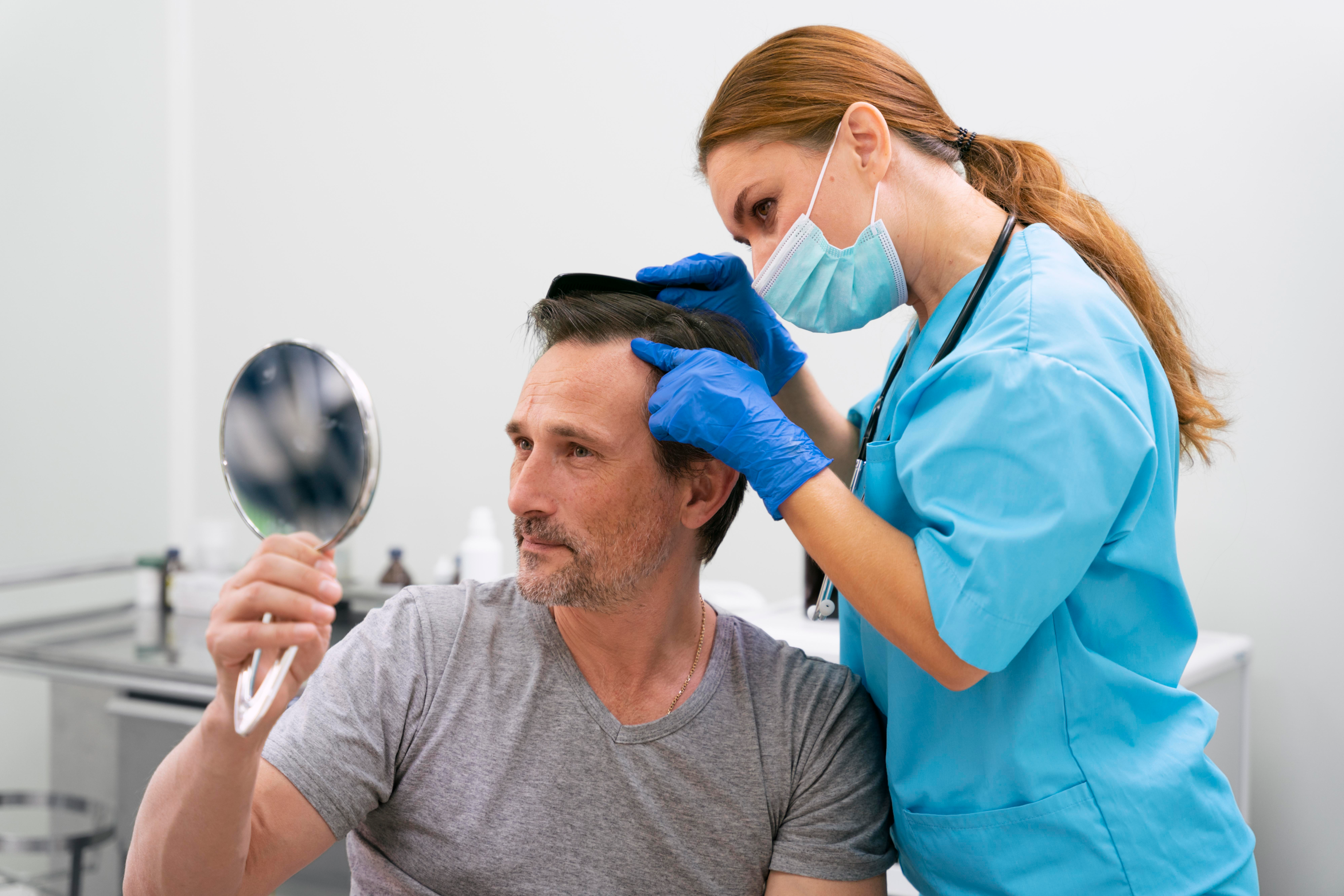
Your hair can regrow if stress is the source of your hair loss. Everyone will experience regrowth at varying rates. There are four phases to the cycle of human hair development. On average, there are 100,000 hair follicles on a human scalp. Each one of your hair follicles is currently in a distinct stage of this cycle at any one time:
-
Catagen phase. The hair follicle enters this transitory, two-week growth phase as it starts to tighten.
-
Anagen phase. The hair is currently in its growth period. It lasts between two and seven years.
-
Exogen phase. This stage is when the hair is lost from the follicle, and new hair growth starts.
-
Telogen phase. This resting period lasts for three months.
Managing your stress might be the key to restoring a healthy rate of hair growth if stress has been the cause of hair loss.
Three Ways to Prevent Stress-Induced Hair Loss
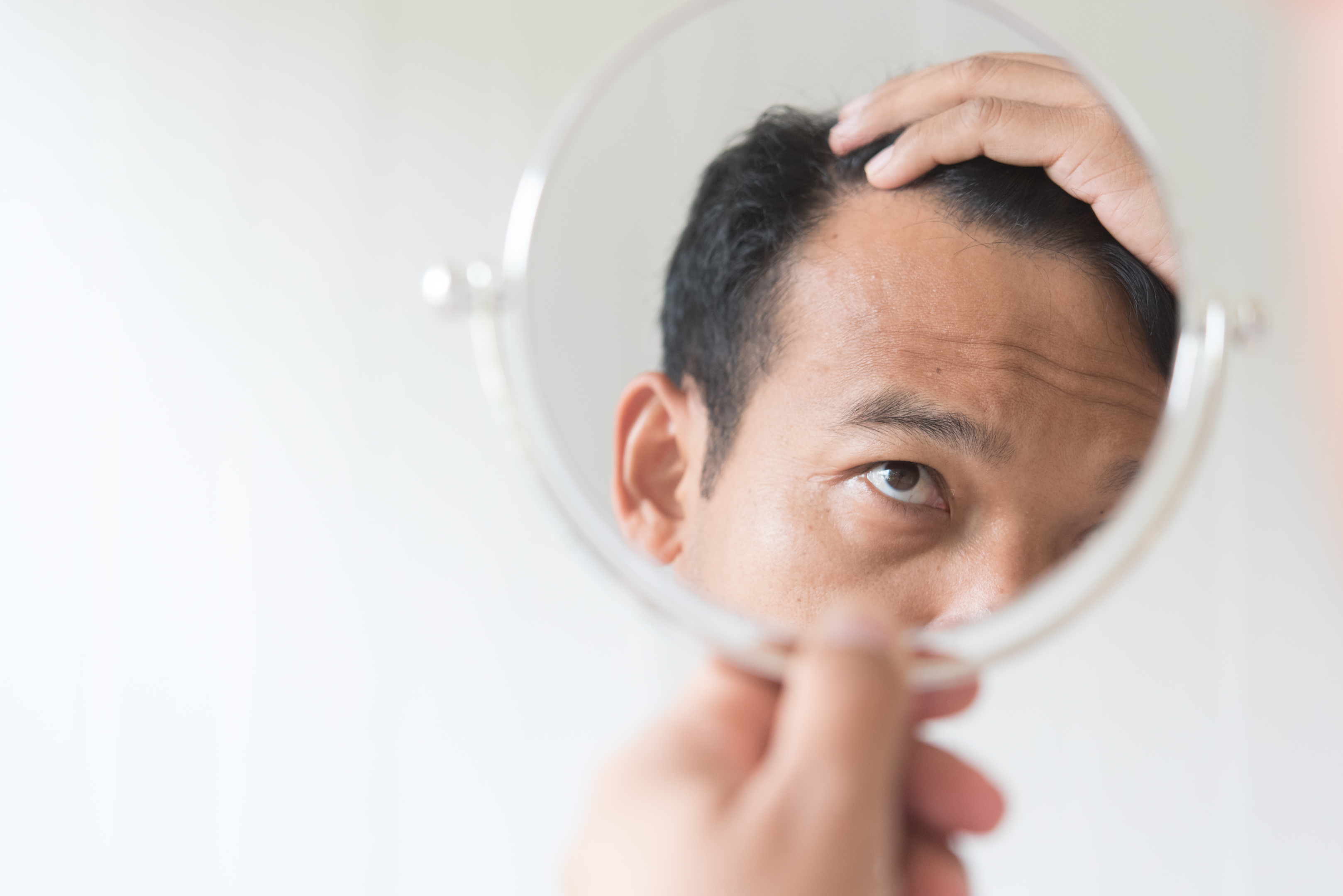
You can take several steps to stop further hair loss and promote new hair growth.
-
Eat a Balanced and Healthy Diet
Both your hair and your overall health rely on it. Telogen effluvium can be caused by malnutrition and crash dieting, among other things. Concentrate on entire meals and a healthy diet while considering the best foods to avoid hair loss. Eat foods that contain:
-
Vegetables and fruits
-
Lean protein
-
Whole grains
-
Consider Taking Supplement
Some nutritional deficiencies, such as those in vitamin D, ferritin, vitamin B12, and zinc, might contribute to stress-induced hair loss.
-
Manage Stress
Developing excellent stress management skills may lower your chance of subsequent hair loss. Of course, it's frequently simpler to say than to accomplish. Before you find a stress-management method that works for you, you might need to try a few different ones.
Standard techniques for lowering stress:
-
Hobbies
-
Exercise
-
Breathing and meditation
-
Writing
Take Away
Your hair follicles have not been permanently harmed if the cause of your hair loss is stress. Your hair may resume growing at an average rate if you manage your stress and take good care of your health. Consult your doctor if over-the-counter remedies aren't working or you aren't getting any results. They can assist in determining the cause of your hair loss and offer advice on any following necessary actions. They can assist in choosing the most effective course of treatment for your problems if regrowth is conceivable.
If you would like to learn more about hair loss in the UK, or find medications and treatments to reduce your hair loss, you can view our Hair Loss page here.
Related Services
- Hair loss treatment
- Finasteride
- Female hair loss blood test
- Alpecin Shampoo
- Regaine
- Regaine for women
- Regain foam for men
Related articles
- What vitamins support hair growth?
- Cures for itchy scalp and hair loss
- Can stress cause hair loss?
- Can masturbation cause hair loss?
- Can creatine cause hair loss?
- Best female hair loss treatments?
- The most common causes of hair loss
- How to cope with postpartum hair loss?
- How does DHT cause hair loss?
- Cures for itchy scalp and hair loss
- What vitamin deficiency causes hair loss?
- Can wearing a hat cause hair loss?
- Dutasteride vs Finasteride: What's Best for Hair Loss?
- Relationship between diet and hair loss
- Top 7 Hair loss treatments
- What happens if you stop taking finasteride?
- Does stress cause hair loss?
- Why do men go bald?
- Guide to hair thinning
- Hair thinning at the front - what are the options?
- 11 Ways you may be damaging your hair
- What is non-surgical hair replacement?
- Hair growth explained
- Why does hair fall out in clumps?
- 5 Signs of hair thinning
- How many hairs should you lose per day?
- Do I have a receding hairline?
- How to spot a balding crown
- Early signs of balding and how to stop it
- Regaine vs rogaine - what's the difference?
- How long does minoxidil take to work?
- What are DHT blocking shampoos?
- How to get rid of split ends













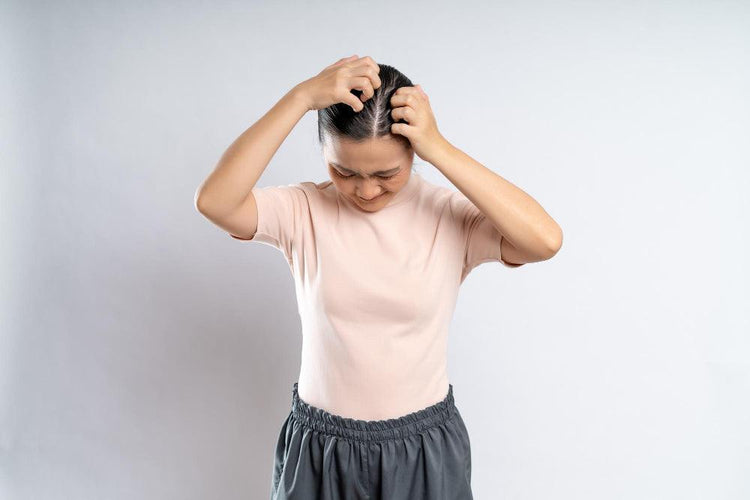
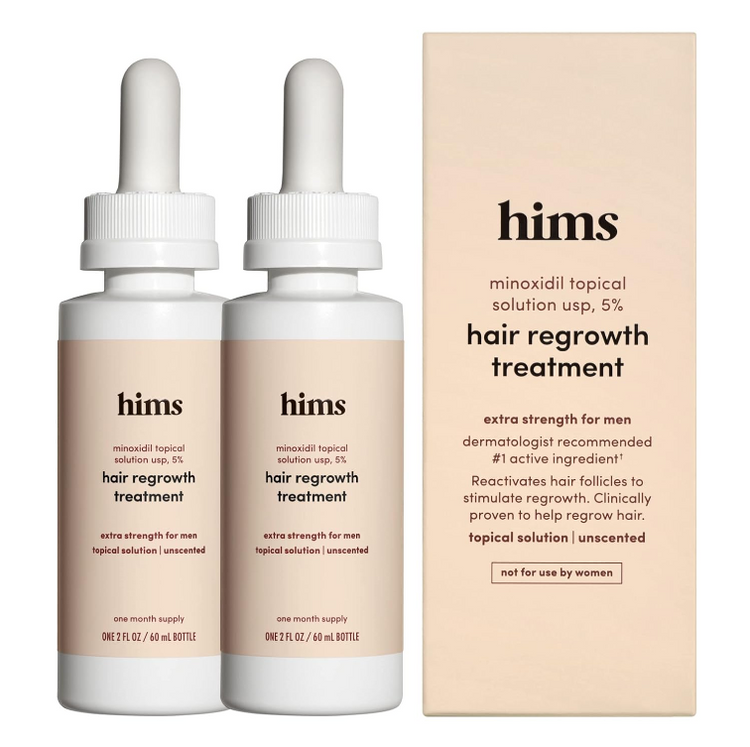




 Rated Excellent by 26,523+ Reviews
Rated Excellent by 26,523+ Reviews